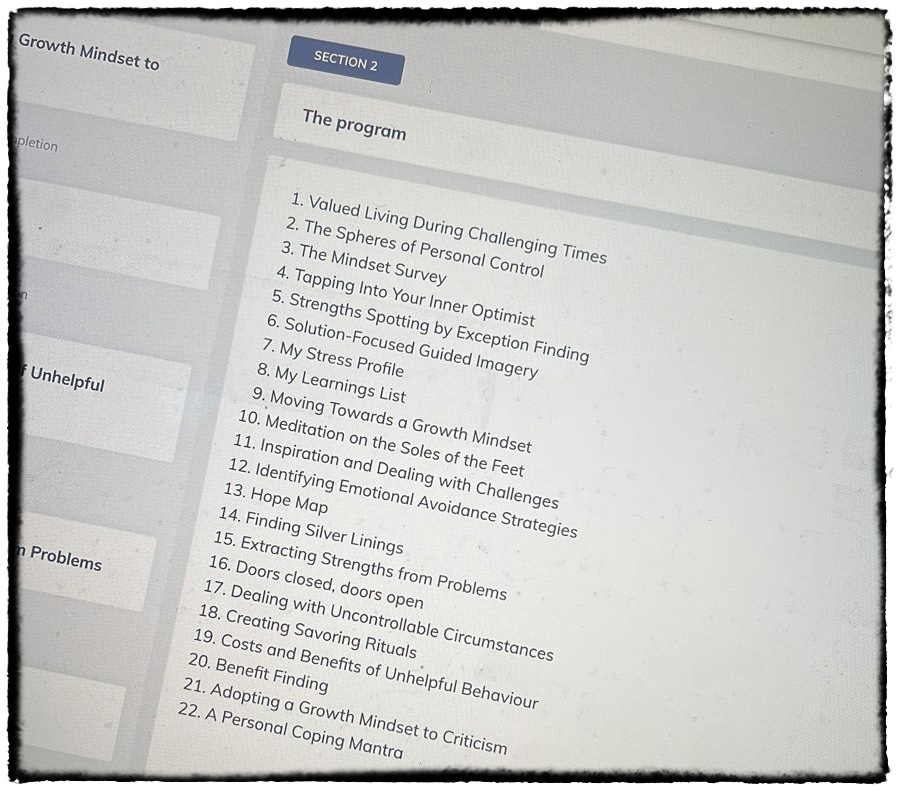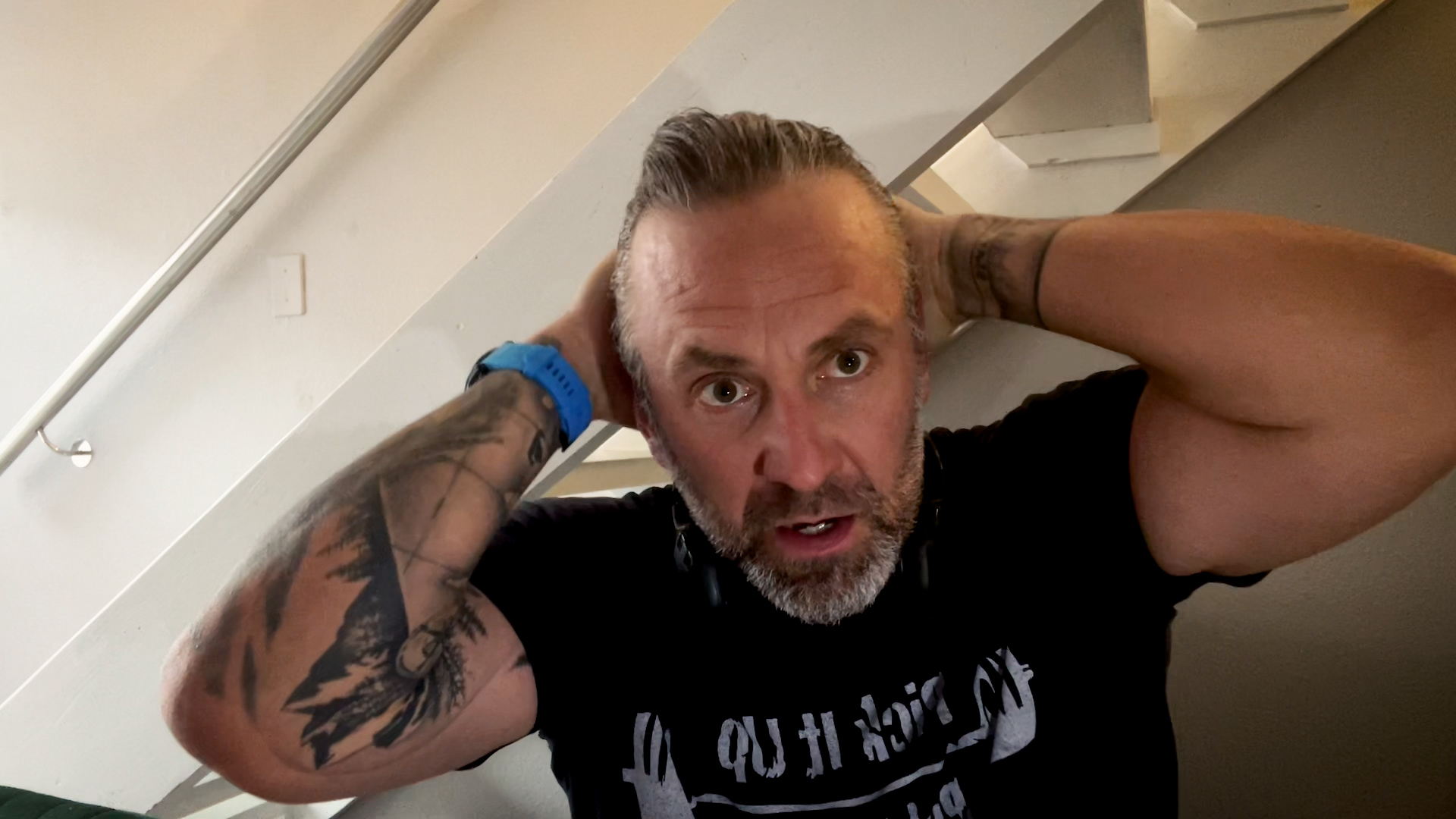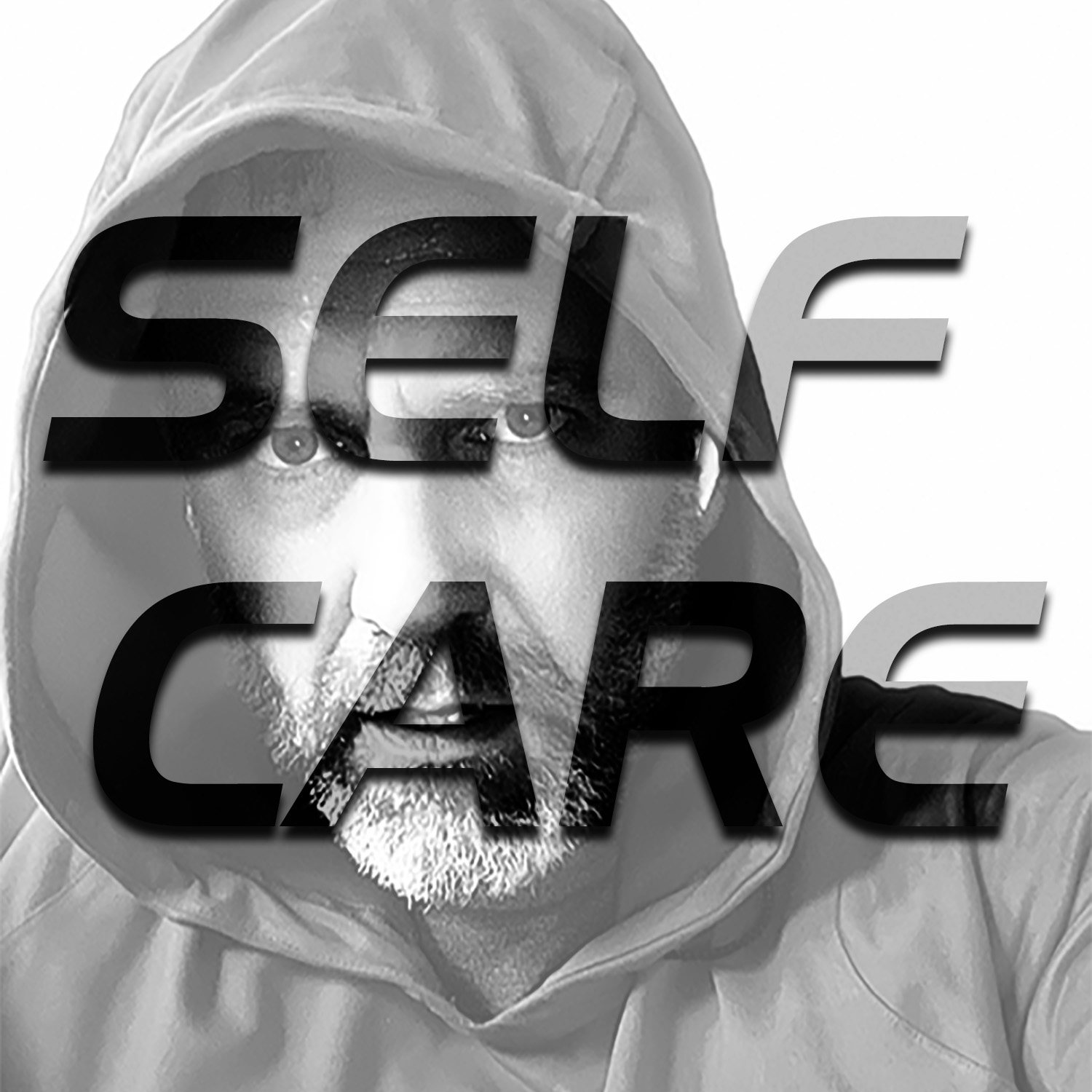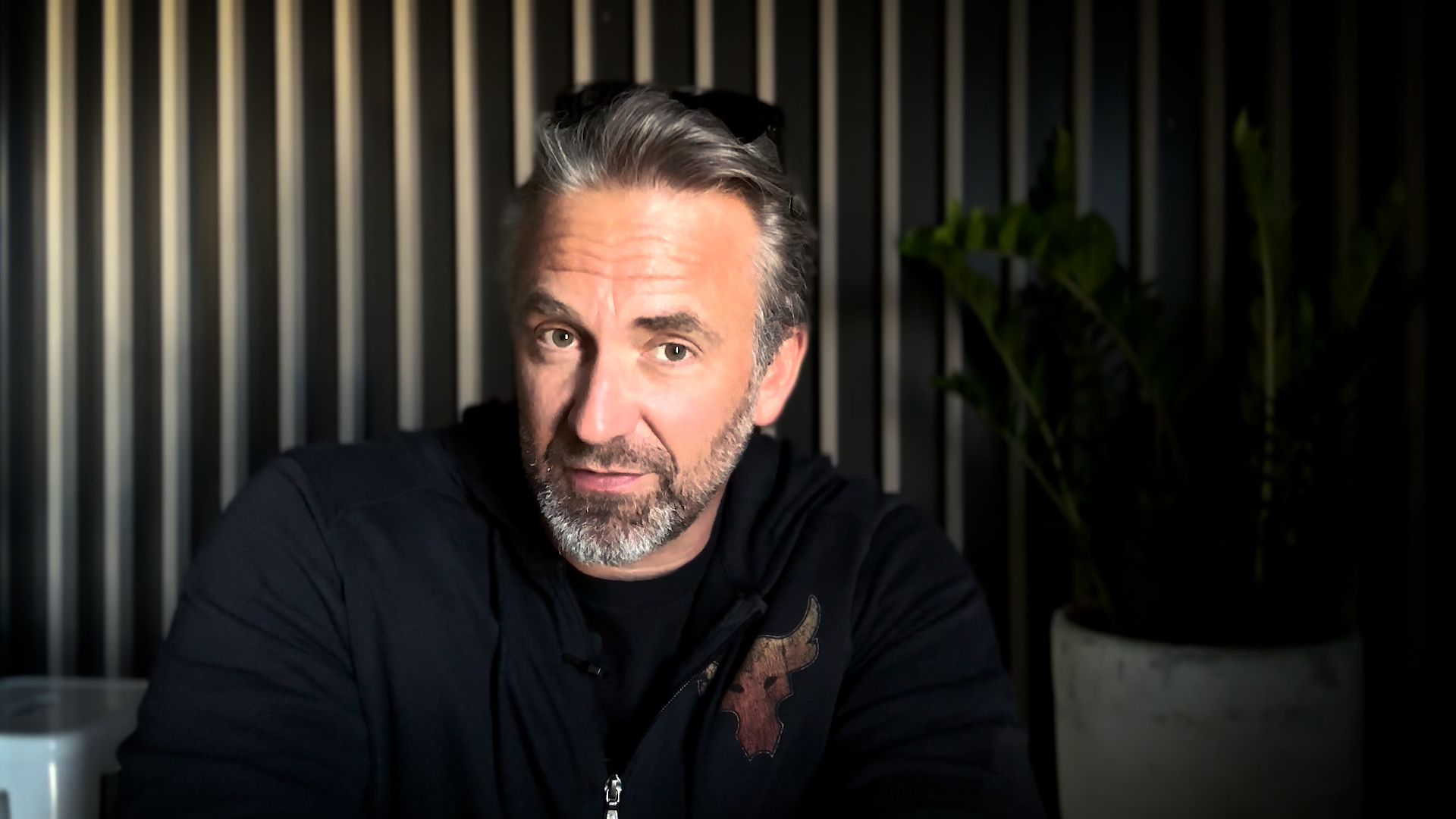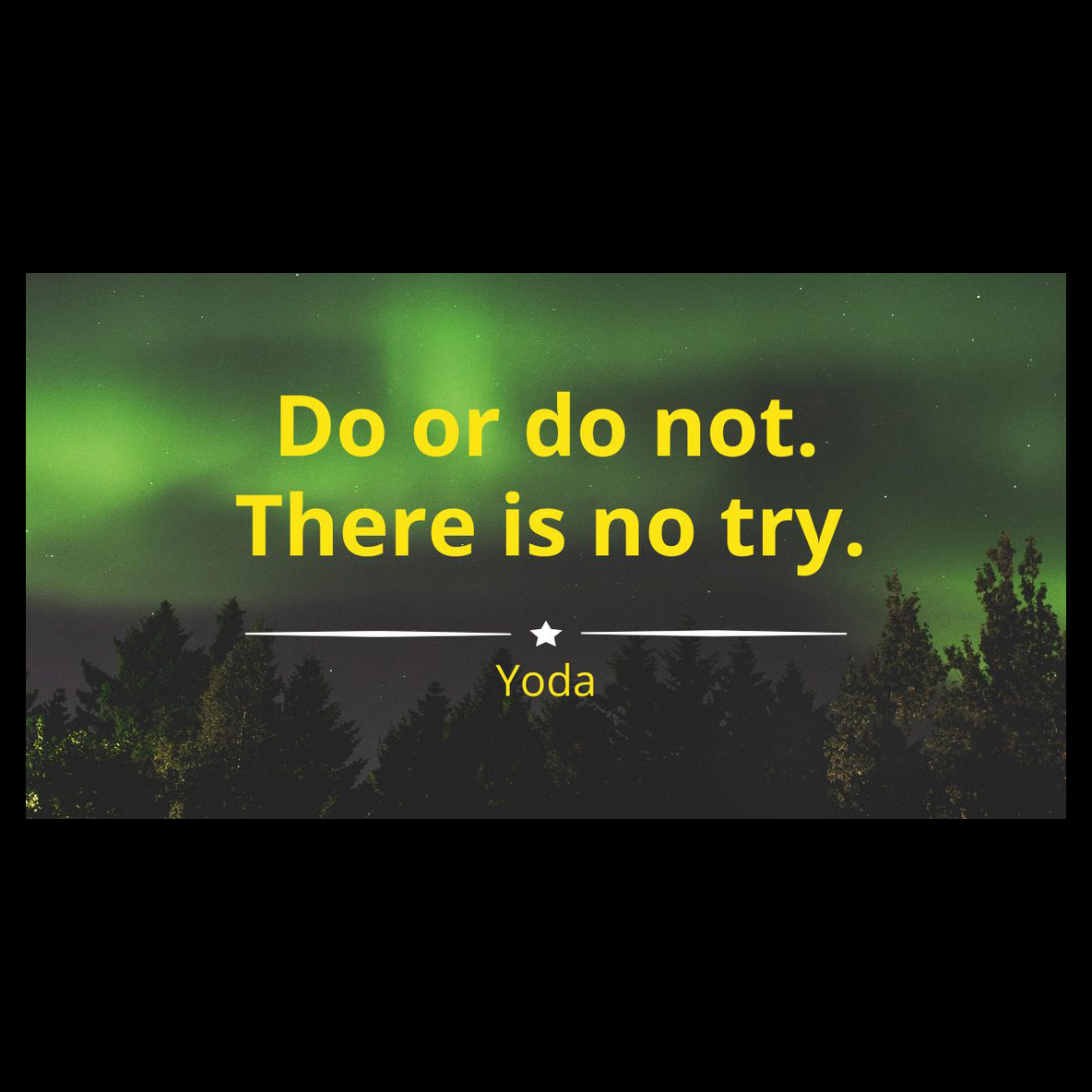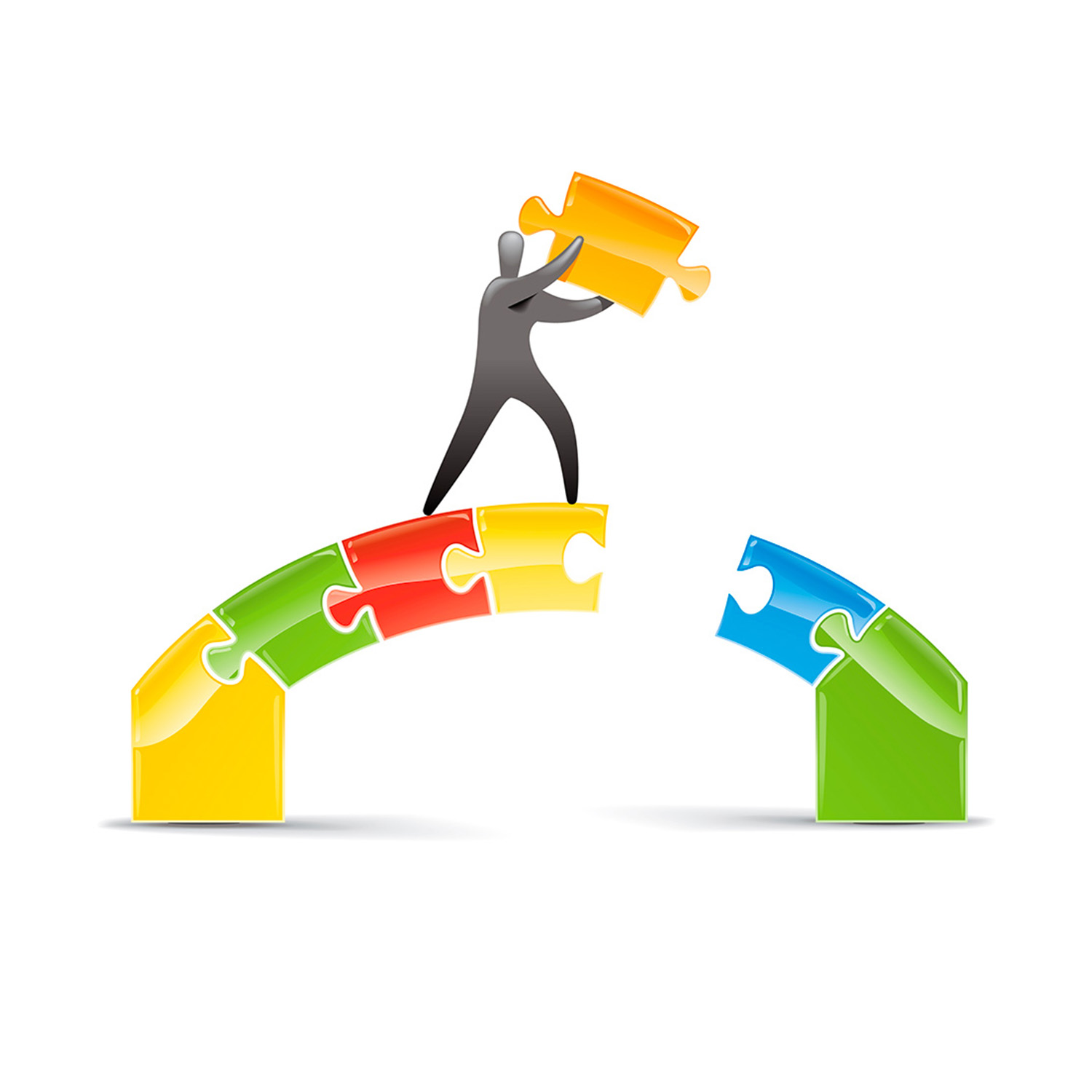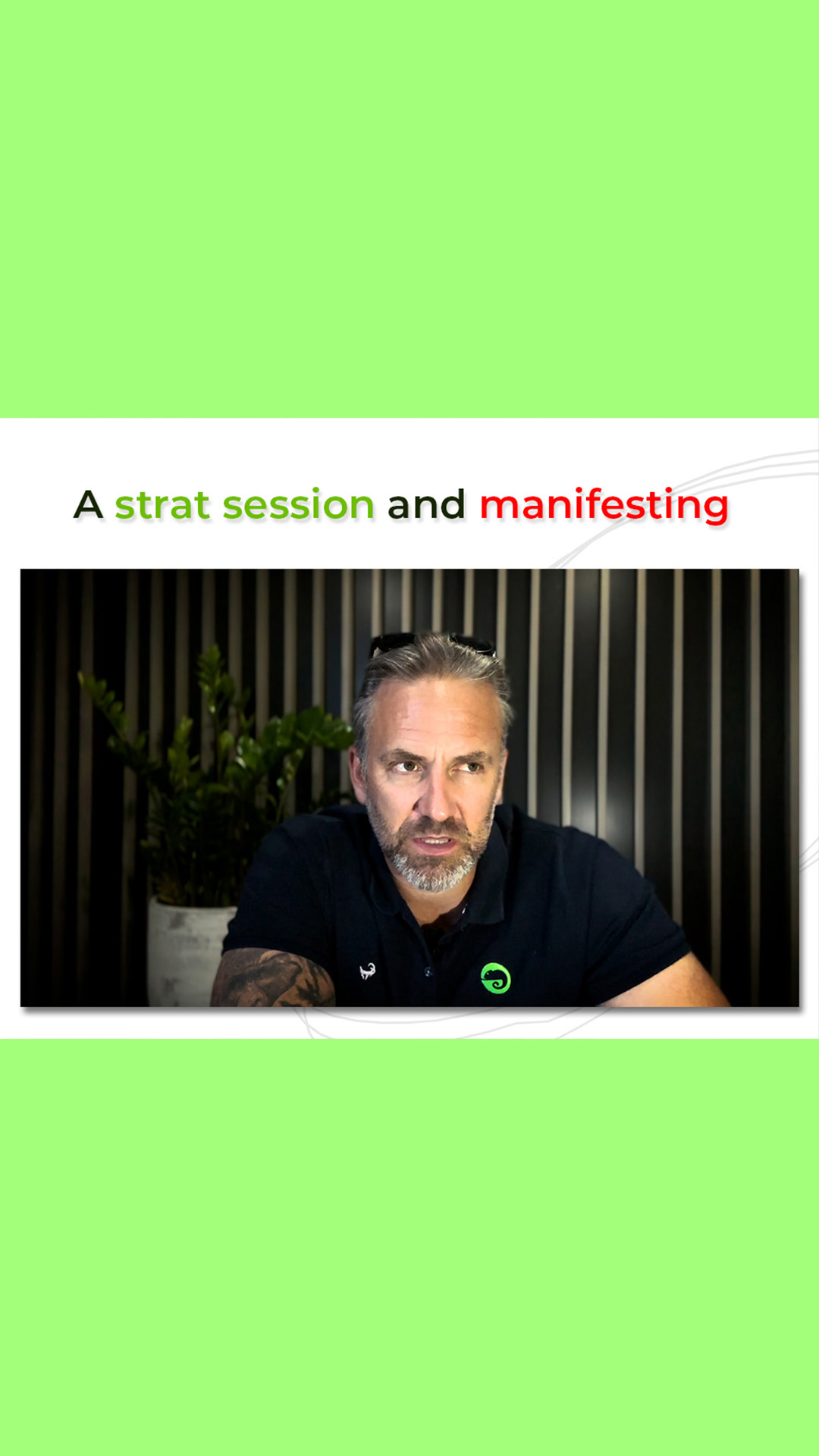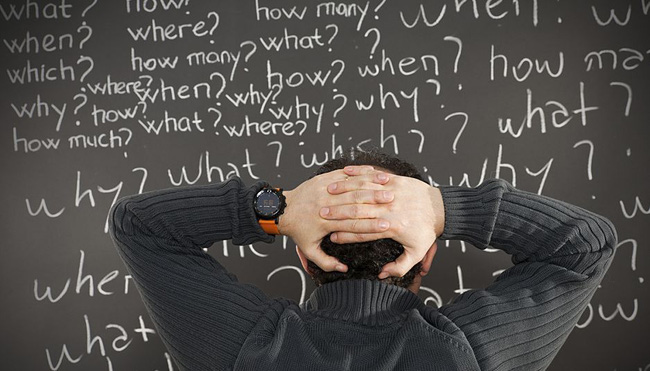Do you ever wake up well before your alarm and find your mind starts racing and you find yourself getting anxious, worrying and stressing?
You’re not alone.
The reality is that some free floating anxiety is a normal and a part of life but excessive worrying can, over time, have a very serious affect on your overall health.

Although it’s not a medical term, morning anxiety refers to waking up with feelings of stress and anxiety and worry, often about something you can’t even put your finger on.
If this sounds like you, and you aren’t going through any major life events like hectic work deadlines exams or relationship challenges, there’s a good chance you may also have generalised anxiety.
People with generalised anxiety disorder (GAD) typically worry about everyday actives such as work, money, family, and health. GAD is characterised by excessive and uncontrolled worry that creeps into every aspect of your daily life and occurs frequently for at least six months.
Symptoms of morning anxiety often mimic those of generalised anxiety disorder and could include the following:
- waking up and feeling tired
- feelings of restlessness, on-edge or tension
- irritability
- fatigue and body sore
- stomach pain and feeing of nausea
- signs of a panic attack, such as tight chest, sense muscles, higher than normal heart rate, or difficulty breathing
- difficulty controlling the worry or nervousness
- difficulty concentrating and finding your mind goes blank

Morning anxiety is a reaction to excessive stress and worries in your life and there are several potential causes that may contribute to your symptoms and how you feel.
Cortisol, the stress hormone, is released by the adrenal glands in response to fear or stress. Research has found that, in people with high levels of stress and anxiety, cortisol levels are highest during the first hour of waking and CAR (cortisol awakening response) may therefore help explain when you feel so anxious in the morning.
I will be writing more about coffee and anxiety in future newsletters – been doing a bit of a deep dive – but for now, I’m sure you’re aware that caffeine and sugar can increase anxiety symptoms. So if you find yourself anxious and stressed when you wake up it might be worth reconsidering having three back to back cups of coffee.
Another thing to consider is that low blood sugar due to a lack of food can make anxiety symptoms feel worse so, even though you might have that slightly nauseous feeling in the pit of your stomach, making an effort to have something to eat will make you feel a little bit better as you start your day.
How do you manage morning anxiety?
Quite honestly, I think you know the answer. We all do. Physical activity, mindfulness, health diet, sleep, talk to someone, breathing and coping exercises, write stuff down
These things work and I am not just saying so.
I’ve been there and I’ve also had times when I didn’t want to wake up. When I would dread the sound of my alarm. When I would wish myself back to sleep. When I thought of ways to not have to get up and face the world. When the thought of starting the day felt both hopeless and impossible.
You’re not alone and, for what it’s worth, it’s going to be okay. 🙏🏼
The first step, as with so many things, is to talk to someone – it works – so if you need someone to talk to, or someone to just listen, please feel free to get in touch and I’d be happy to share my experience and feelings with you as well.
Sometimes even just one open, safe, honest conversation can make a world of difference.



